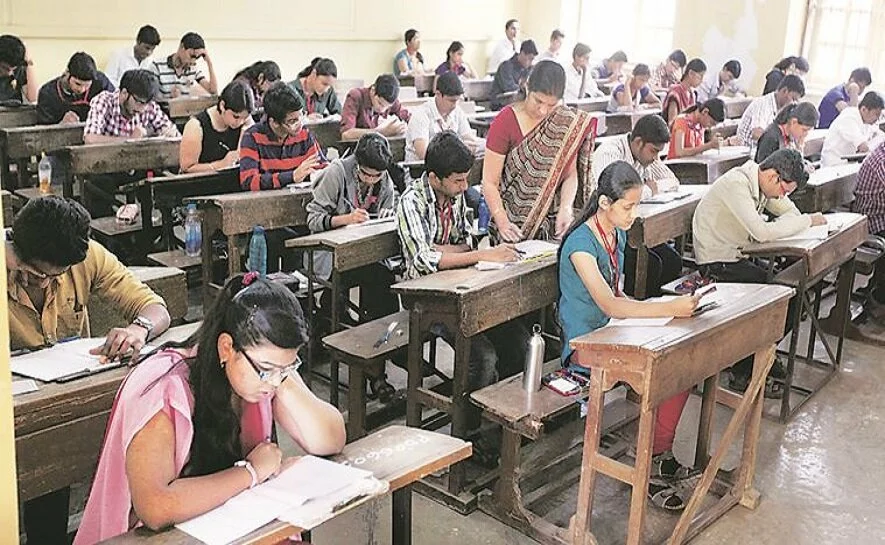Last year, the Supreme Court lifted a stay on the National Eligibility-cum-Entrance Test (NEET), paving the way for a single entrance for all undergraduate medicine and dentistry courses across the country.With national-level entrance tests for medical and engineering courses replacing state-level tests, it is more important than ever before for state governments to bring their higher secondary curriculum closer to NCERT’s.
The All India Council for Technical Education (AICTE) has decided to introduce a NEET-like national entrance exam for admissions to all engineering institutes.With the aim of introducing a uniform syllabus in science and math, former HRD minister Kapil Sibal had in 2011 ordered all states to adopt the NCERT books for students from Class 9 to Class 12. This happened around the time the Centre was mooting the NEET for medical aspirants, while entrance to IITs depended on the Joint Entrance Exams—both based on the NCERT curriculum. In the process, many states already aligned their syllabus with NCERT.
Punjab started revising its syllabus a phased manner from 2010 and the process came to an end this year. Kerala too has more or less, adopted NCERT in its schools. Usha Titus, the state’s education secretary, said, “We regularly revise curriculum under the Kerala Curriculum Framework. I don’t believe the new syllabus is ‘tough’. It gives exposure to what a subject is all about,” she said. But Titus accepted that state board schools are slow to adopt new, innovative teaching techniques. “Until now, there wasn’t much emphasis on teaching with illustrations. Now we have decided to digitise classrooms for classes 8 to 10,” said Titus. States like Tamil Nadu, which was initially opposed to national-level tests, have also decided to upgrade their curriculum to adapt to these changes.
The curriculum for CBSE schools, framed by National Council of Educational Research and Training (NCERT), deals with certain topics that are important for higher education in detail, which the state board doesn’t. This is why many students prefer CBSE schools to state board schools. Students are not left behind in states where only CBSE curriculum is followed. Some students are very bright, while others take time to understand the topics. It’s a matter of subjecting students to the curriculum from the beginning. They just need to get used to it. In fact, the CBSE has diluted its syllabus to make it easy for all students. The CBSE is more focused on practical aspects of subjects. We have practicals even for mathematics. The CBSE started the continuous comprehensive evaluation much before the state board did. In the past few years, the state board has improved. They will catch up in some time. We don’t need multiple boards for schools across the country. Instead, a single board should regulate education. This will bring students on a level-playing field.

